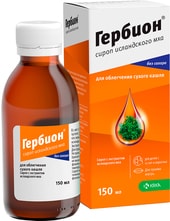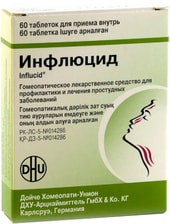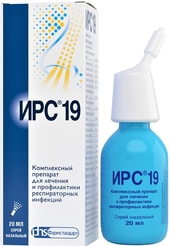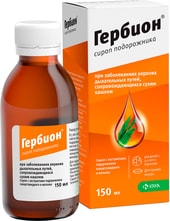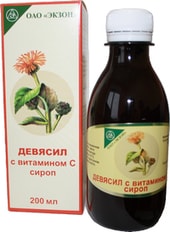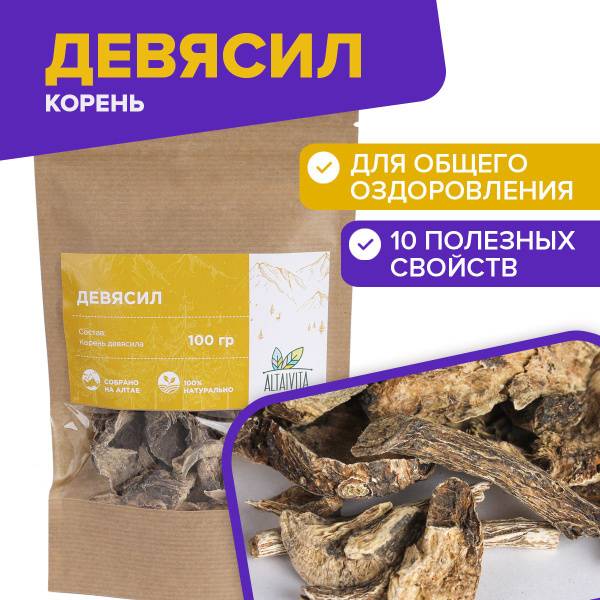
Elecampane, renowned for its medicinal properties, derives its benefits primarily from its roots and rhizomes. These contain a rich blend of beneficial compounds including resins, waxes, 1-3% essential oil in crystalline form, vitamin E, saponins, up to 44% inulin (a polysaccharide), and mucilage. A decoction prepared from the roots and rhizomes is traditionally used to treat inflammatory bowel and stomach conditions, alleviate coughs and bronchitis with thick mucus, and support liver and kidney health. It also possesses anthelmintic (worm expelling) and diuretic properties, and exhibits anti-inflammatory effects. The tocopherol (vitamin E) content contributes to its antioxidant properties, potentially slowing down the aging process in individuals experiencing premature aging.
Elecampane enjoys widespread use in traditional medicine. It's commonly prepared as a decoction or infusion, added to tea, or used in ointments. Here are some traditional applications:
Elecampane is also traditionally used for various conditions including diathesis, bronchial asthma, radiculitis, skin conditions, rheumatism, edema, hypertension, mild forms of diabetes, and jaundice.
The roots and rhizomes are the most commonly used parts of the plant. They possess diuretic properties, act as a tonic, promote expectoration, and are traditionally used for conditions such as pulmonary tuberculosis and rheumatism. Harvesting typically occurs in autumn or early spring.
Elecampane is a perennial herb, occasionally annual, growing up to 2 meters tall. It has a bushy appearance with elongated, pointed leaves and a straight, sturdy stem. Its large, showy flowers range in color from orange to yellow, making it easily identifiable. It thrives in meadows, near water sources, and in ditches or quarries. Taller plants with wide, straight stems are generally preferred for their root yield. Plants over three years old are considered optimal for medicinal use, as they contain a higher concentration of beneficial compounds. Roots should be carefully harvested, cleaned, and dried in a single layer in a well-ventilated area away from direct sunlight to preserve their potency. Avoid oven drying.
Elecampane should be avoided by individuals with kidney or heart conditions, and pregnant women. Overdosing can lead to symptoms of poisoning. It's also contraindicated during pregnancy, with high blood viscosity, and in cases of chronic atonic constipation.
Elecampane, Inula helenium, elecampane root, elecampane benefits, elecampane uses, elecampane tea, elecampane tincture, elecampane for cough, elecampane for bronchitis, elecampane for asthma, elecampane for liver, elecampane for kidneys, elecampane for inflammation, elecampane for rheumatism, elecampane for radiculitis, elecampane contraindications, elecampane side effects, buy elecampane root, elecampane 100g, herbal remedy, natural remedy, traditional medicine, vitamin E, inulin, antioxidant, diuretic, anthelmintic, expectorant.
